While it may seem obvious that the constitutional right to "keep and bear arms" extends beyond the home, federal courts have been debating that question for years. This week, the Supreme Court agreed to hear a case that could finally settle the issue, which the petitioners call "perhaps the single most important unresolved Second Amendment question."
The case involves a New York law that requires applicants for handgun carry licenses to show "proper cause," which according to state courts means more than a "generalized desire" to "protect one's person and property." Applicants must "demonstrate a special need for self-protection distinguishable from that of the general community," which in practice means that ordinary New Yorkers have no right to armed self-defense once they leave their homes.
The vast majority of states are less demanding, typically requiring that people who want to carry concealed handguns meet a shortlist of objective criteria. But several states have laws like New York's, enforcing subjective standards such as "good cause" (California), "proper purpose" (Massachusetts), "justifiable need" (New Jersey), "good and substantial reason" (Maryland), or a special "reason to fear injury" (Hawaii).
In the case that the Supreme Court will hear this term, the New York State Pistol & Rifle Association, joined by two New Yorkers who unsuccessfully applied for carry licenses in Rensselaer County, argues that such policies transform a "right of the people" into a privilege enjoyed only by the favored few. "A law that flatly prohibits ordinary law-abiding citizens from carrying a handgun for self-defense outside the home cannot be reconciled with the Court's affirmation of the individual right to possess and carry weapons in case of confrontation," the petitioners say.
Recommended
They are referring to the landmark 2008 case District of Columbia v. Heller, which overturned a local ban on handguns. While that decision focused on the right to "use arms in defense of hearth and home," it more generally recognized "the individual right to possess and carry weapons in case of confrontation."
The possibility of being confronted by violent criminals, of course, exists in public as well as private. "Like the threats that might precipitate a need to act in self-defense," the petitioners say, the right to bear arms "necessarily extends beyond the four walls of one's home."
Two other aspects of Heller reinforce that argument. The Court said its decision did not "cast doubt" on "laws forbidding the carrying of firearms in sensitive places such as schools and government buildings," a caveat that would have been unnecessary if the right to armed self-defense were limited to the home, and it described bans on the open carrying of pistols that were overturned by state supreme courts in the 19th century as "severe restriction(s)."
Two federal appeals courts, the 7th Circuit and the D.C. Circuit, have agreed that the Second Amendment protects the right to carry firearms in public. But the 2nd Circuit, which rejected this lawsuit, concluded that New York's regulations are constitutional, and four other appeals courts -- the 1st, 3rd, 4th and 9th circuits -- have upheld similar policies in other states.
Last month, the 9th Circuit went so far as to declare that the Second Amendment has no bearing at all on a state's authority to impose a virtual ban on public carry. In a blistering dissent, Judge Diarmuid O'Scannlain complained that the majority's position "reduces the right to 'bear Arms' to a mere inkblot."
O'Scannlain and Judge Jay Bybee, who wrote the majority opinion, both delved extensively into the historical background of the right to bear arms, early gun control laws, and 19th-century decisions rejecting or upholding them based on state analogs to the Second Amendment. The Supreme Court will now have to revisit that territory.
Because of laws like New York's, the petitioners say, "tens of millions of citizens are being deprived of individual, fundamental rights guaranteed by the Constitution." Whether that situation continues will depend on how the Court resolves this circuit split.
Jacob Sullum is a senior editor at Reason magazine. Follow him on Twitter: @JacobSullum.


















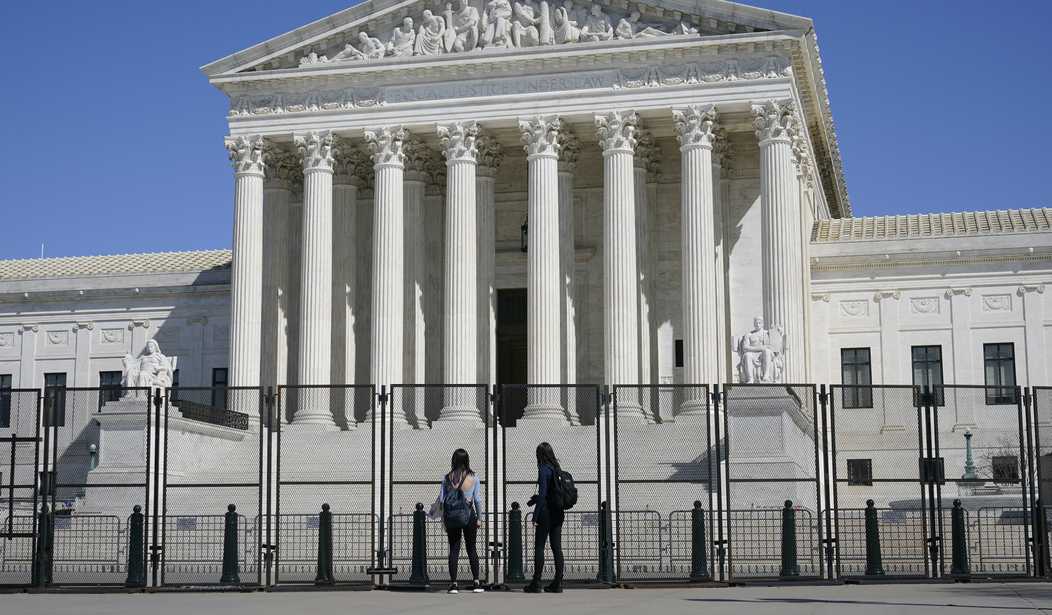
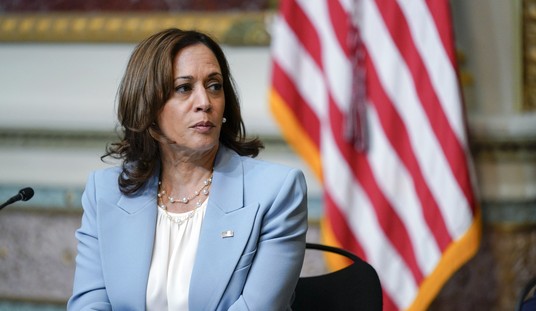
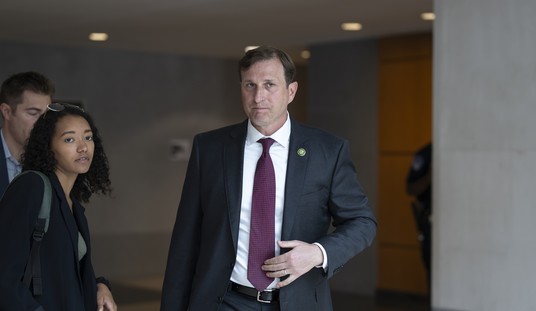
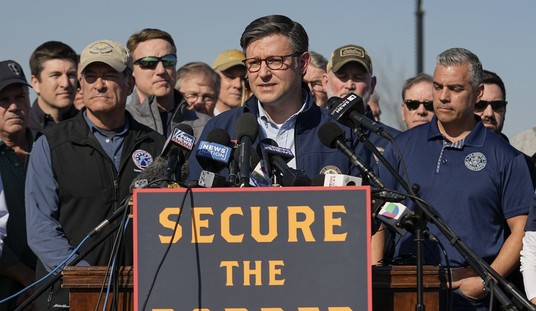
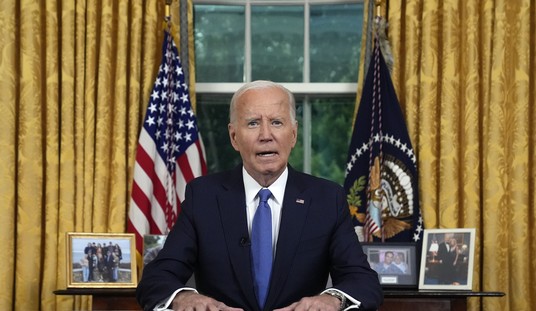

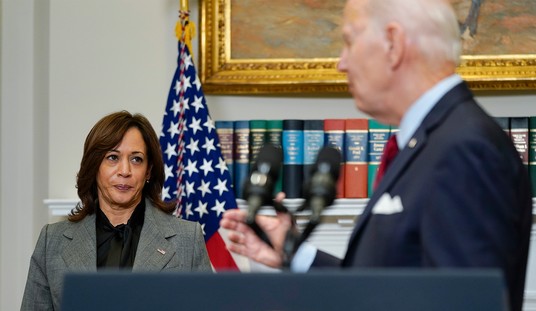
Join the conversation as a VIP Member